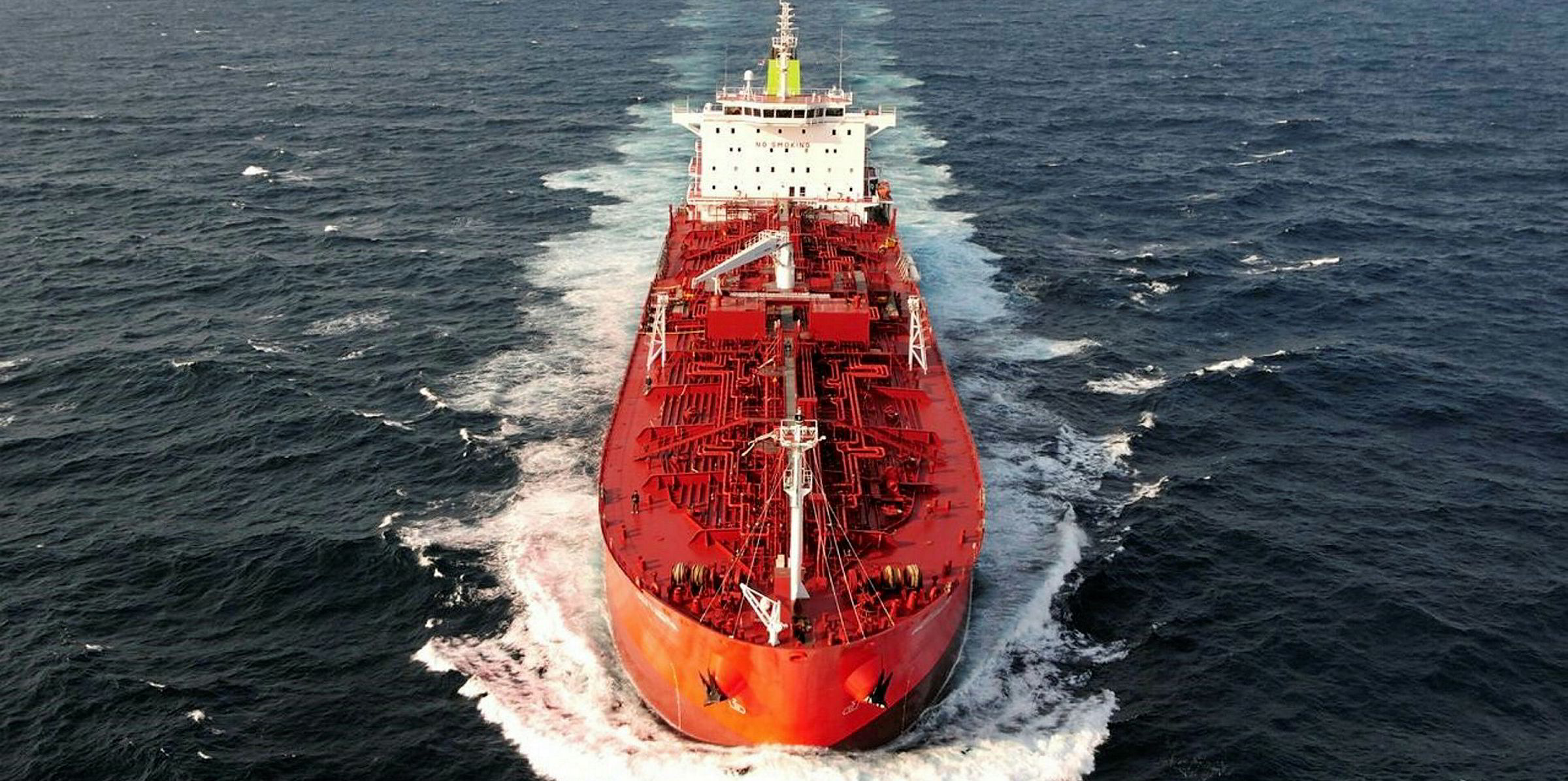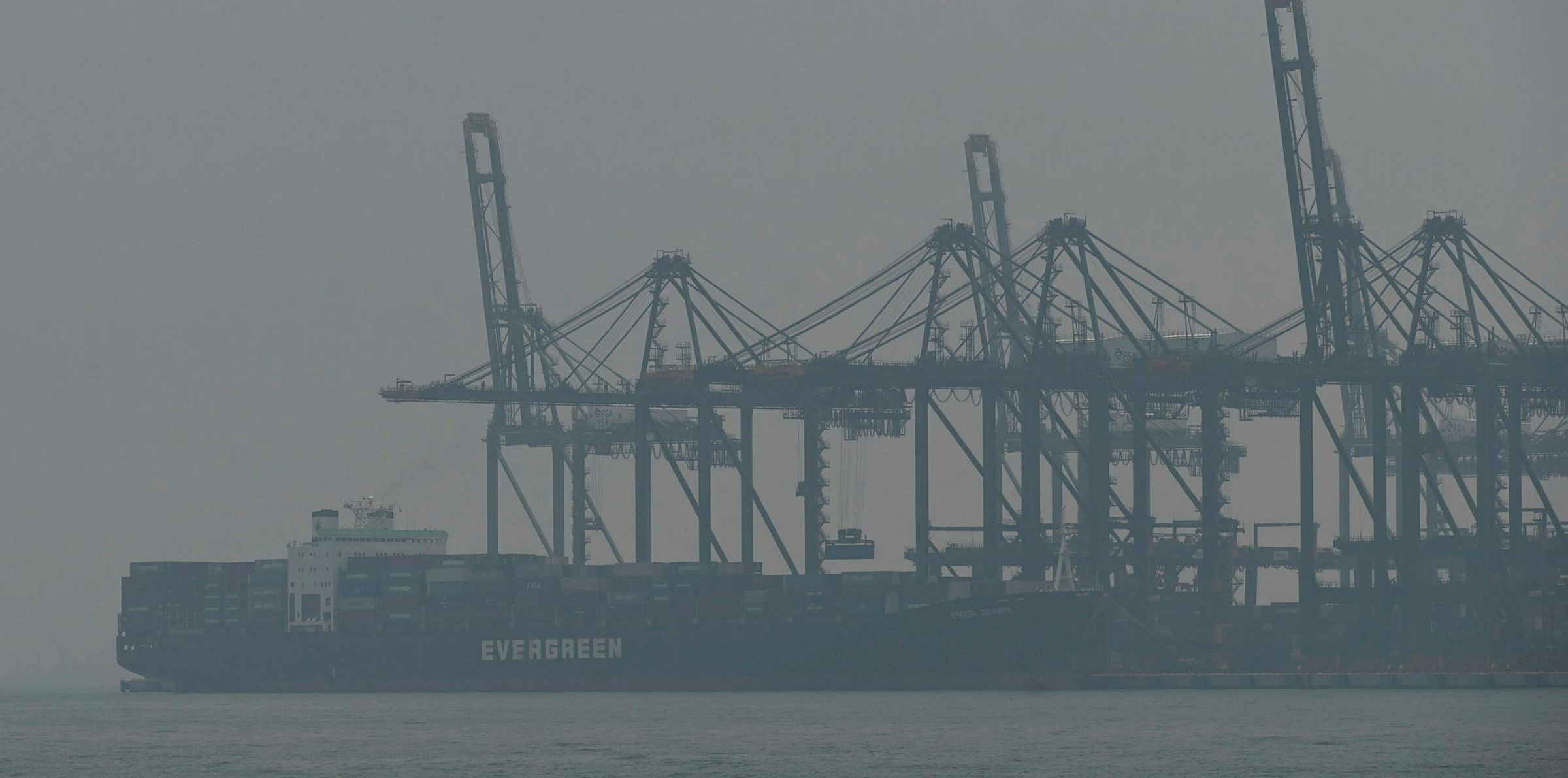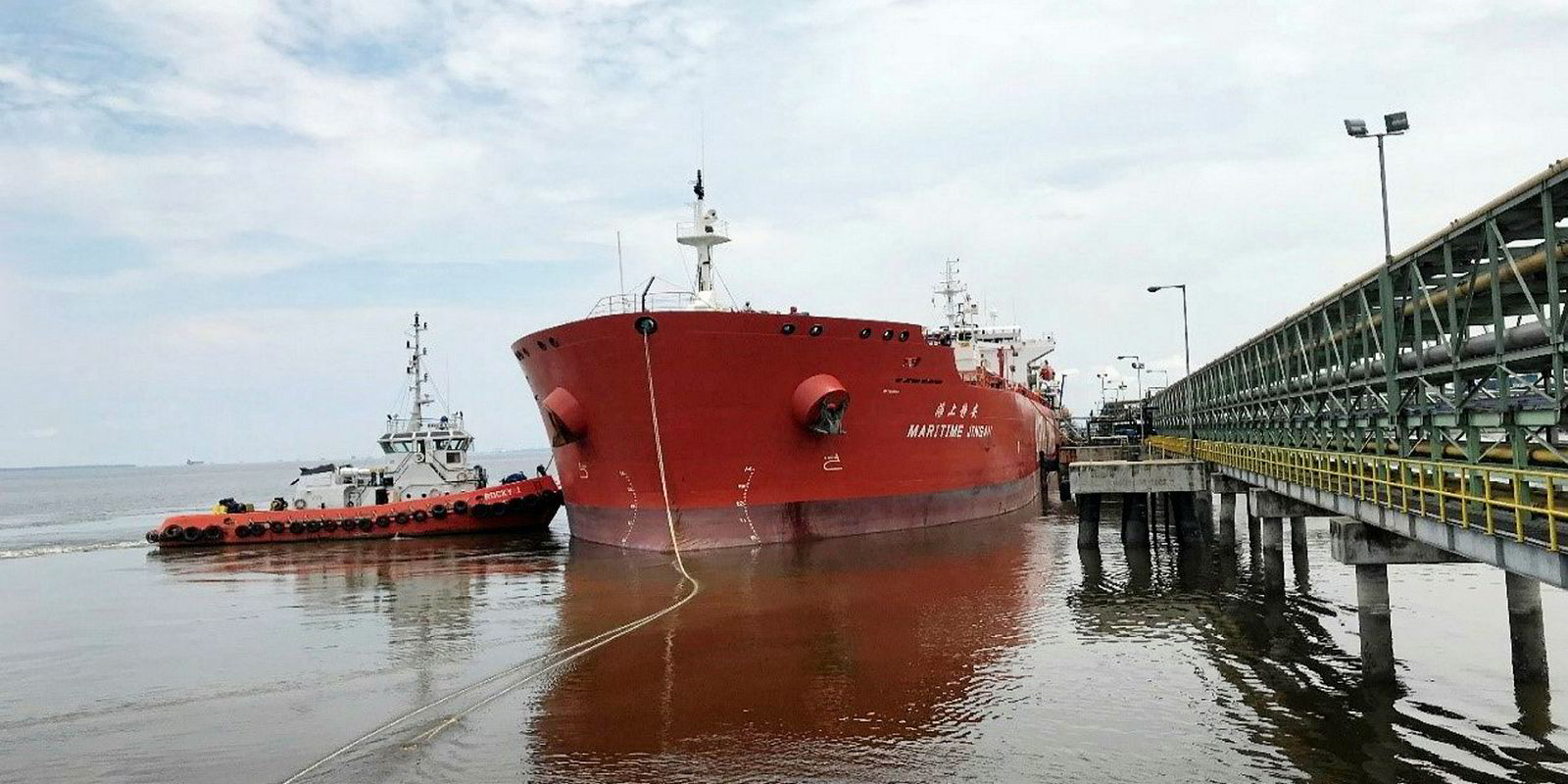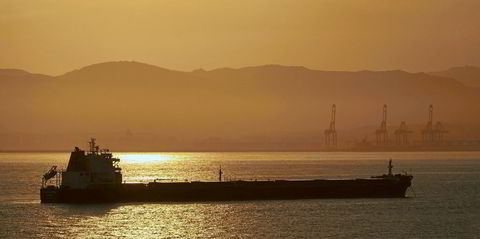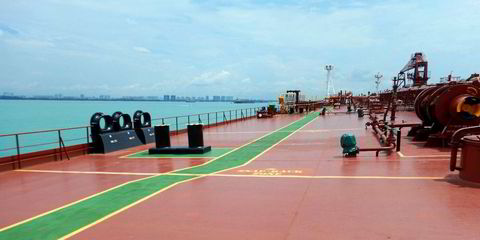The European Union’s (EU) ban on palm oil in biofuels is expected to have a negative effect on the chemical tanker market, according to Drewry.
“The overall volume of biodiesel carried by chemical tankers grew at a CAGR of 7.9% during 2013-18 and is forecast to expand 1.8% in 2019,” the consultancy said.
“The tonne-mile demand went up by a high 38% in 2018, reflecting strong growth in long-haul trades with the EU being the key market for plant-based biodiesel, where consumption is surging.”
Europe is the largest biodiesel producer and consumer in the world and the region’s use of biodiesel in the transportation sector has expanded rapidly since the 1990s.
After rapeseed oil and used cooking oil (UCO), Drewry says palm oil is the “third most important feedstock” in European biodiesel production.
More than 90% of global palm oil production comes from Indonesia and Malaysia, with the former being the largest producer in the world.
The overall volume of biodiesel carried by chemical tankers grew at a CAGR of 7.9% during 2013-18
Drewry
In 2018, Indonesia produced 45 to 47km tonnes of palm oil, of which 28.9 million tonnes was exported, according to Drewry.
For Malaysia, palm oil production in the same period was 16.5m tonnes and exports were 15.2m tonnes.
The EU is a key market for both exporters and in 2018 Indonesia supplied 25% and Malaysia 28% of total EU palm oil imports of 4m tonnes.
However, the EU’s demand for palm-based biodiesel is expected to decrease in the long term due to the region’s ban on the use of palm oil in biofuels.
In January 2018 the EU voted to ban the use of palm-based biofuels by 2020 over concerns about excessive deforestation caused by palm oil cultivation.
Malaysia and Indonesia protested this decision and in June 2018 the EU decided not to terminate policy support to biodiesel after 2020, but gradually to phase out support to high emitting biofuels by 2030.
In the revised agreement, palm oil will remain in use at the 2019 level until 2023, after which it will be phased out by 2030.
“As a result, we expect the volume of palm oil trade on the Southeast Asia-Europe route to decline from 2019. Being a long-haul trade, this will have a detrimental impact on the demand for chemical tankers,” said Drewry.
“That said, biodiesel demand continues to increase in the EU and domestic EU’s biodiesel production is set to rise in 2020 to 2021.
“We forecast a fall in the share of EU biodiesel production, which is covered by rapeseed oil, from 50% in 2015 to around 39% in 2019.”
With the palm oil phase out, Drewry said Europe will see both a change in the source of biodiesel imports and the feedstock used to produce it.
“Already, the EU is increasingly turning to imports from China, where UCO is a key feedstock,” the research company said.
“In fact, China’s biodiesel exports to the EU surged more than 70% to reach 311,000 tonnes during the first eight months of 2019. At the same time the EU is also importing more UCO from other countries in Asia such as Japan.”
